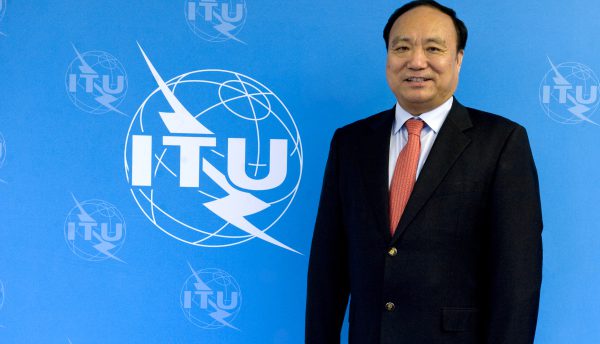The International Telecommunications Union (ITU) has stated that this year’s World Radiocommunication Conference (WRC), will take decisions that will advance technologies, which will ultimately benefit the global citizens.
ITU Secretary-General Houlin Zhao, who was quoted in a press release, disclosed this while announcing the international treaty-making Conference governing the global management of scarce radio-frequency spectrum as well as geostationary-satellite and non-geostationary-satellite orbits, which opened yesterday in Egypt.
Zhao noted that digital inclusion should provide the chance to improve the lives of millions across the world. Thus, the World Radiocommunication Conference will address some of the leading edge technological innovations set to play a pivotal role in tomorrow’s digital economy and the future development of services, systems and technologies.
“We must ensure that the decisions taken at WRC-19 will not only allow for new technologies and services to be deployed without interfering with existing ones but also extend the benefits of technological advancement to all the world’s citizens, bringing potential benefits to our society, the global economy and the environment,” he said.
He also noted that a transformative revolution in connectivity is in the making with immense implications for the trillion-dollar telecommunication and ICT industry and in advancing many of the United Nations Sustainable Development Goals.
The WRC, according to him, will unlock great potential for human progress advancing many of the United Nations Sustainable Development Goals (SDGs). It will provide the tools for effective climate action, forge pathways for better access to health care, foster sustainable agricultural practices and reduce poverty and hunger, improve energy efficiency, facilitate Intelligent Transport Systems and machine-to-machine communications, make cities smart and communities more sustainable, foster safer travel on land, on-air and at sea, and allow countries to participate in the digital economy by providing access to faster and more affordable broadband connectivity, especially in currently underserved communities.




